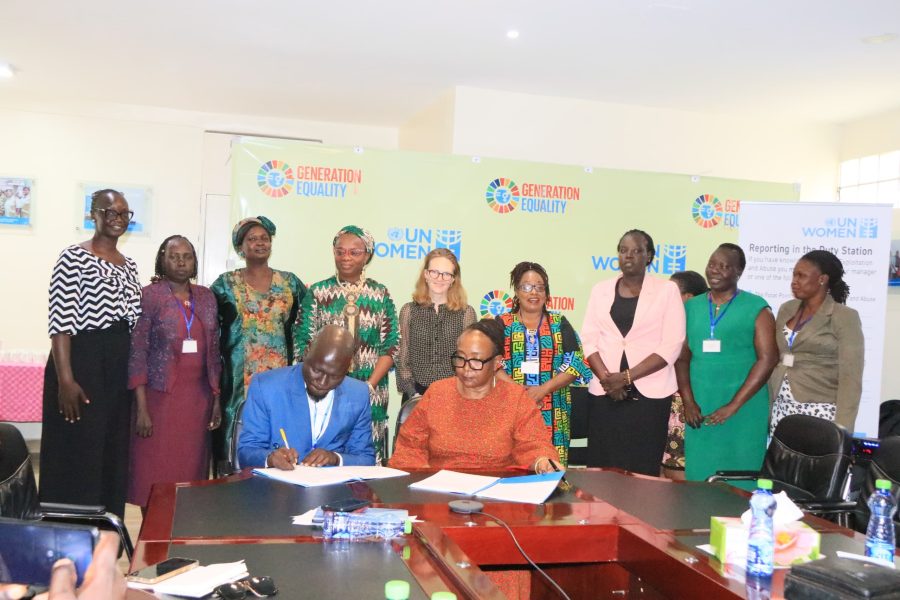
South Sudan’s march toward lasting peace took a bold step forward this week, as international and local stakeholders came together to elevate gender justice as a cornerstone of the nation’s future.
In a high-level seminar hosted by UN Women and the Norwegian Agency for Development Cooperation (Norad), voices from government, civil society, and the global community united around a clear message: “peace without women is no peace at all.”
Held at the UN Women Country Office in Juba, the seminar offered a platform to assess progress, confront barriers, and reinforce commitments to the Women, Peace, and Security (WPS) agenda, a powerful framework for inclusive peacebuilding and sustainable development.
Representing the Norwegian government, Tove Heggli Sagmo, WPS focal point at Norad, emphasized Norway’s enduring partnership with South Sudanese women.
“Time and again, research shows that when women are fully involved, peace agreements are stronger, more durable, and more just,” she said.
Norway pledged continued, flexible, and long-term support for gender-responsive institutions, reaffirming that women’s empowerment is not a side issue; it’s the foundation of any lasting peace.
“We know this work requires patience and persistence. That’s why Norway is here for the long haul,” Sagmo declared.
Speaking on behalf of Dr. Rukaya Mohammed, UN Women’s Deputy Country Representative, a UN Women official praised Norway’s strategic partnership and shared a milestone moment: the launch of the “Sudan Gender Observatory”, a new initiative to track progress across the WPS pillars of prevention, protection, participation, and relief and recovery.
“This partnership is more than symbolic, it’s a commitment to measurable change,” said Korto Williams, UN Women’s Country Representative.
From IDP camps to farming fields, UN Women also spotlighted grassroots initiatives, including solar-powered safety infrastructure and women-led agricultural programs that put gender justice into action.
Civil society leaders raised the alarm on backsliding progress. Jackline Nasiwa, Director of the Centre for Inclusive Governance, Peace and Justice (CIPJ), pointed to declining female representation in government, from 26% to 22%, as a stark warning.
“The peace process is moving too slowly, and every delay pushes women further from the table,” she said. “We don’t just want to be present, we must have the power to shape decisions.” Said Nasiwa.
Nasiwa also warned against rising anti-rights sentiment and underscored the need to safeguard hard-won gains.
As South Sudan prepares for elections and constitutional reform, the seminar amplified calls to center women in justice and governance.
“Laws must echo the priorities of the women who live their consequences,” said Nasiwa, urging for a gendered lens in legal reform, elections, and transitional justice.
The event also marked the International Day for the Elimination of Sexual Violence in Conflict, honoring survivors and calling for justice that includes women and children born of wartime rape.
In closing, partners delivered a unified message: the Women, Peace, and Security agenda must remain central and fully funded.
“Continue to collaborate. Continue to push for women’s inclusion at every level,” urged Sagmo.
With renewed solidarity from UN Women, Norad, and local leaders, South Sudan moves forward with clarity: “gender justice is not optional, it is the blueprint for peace.”

